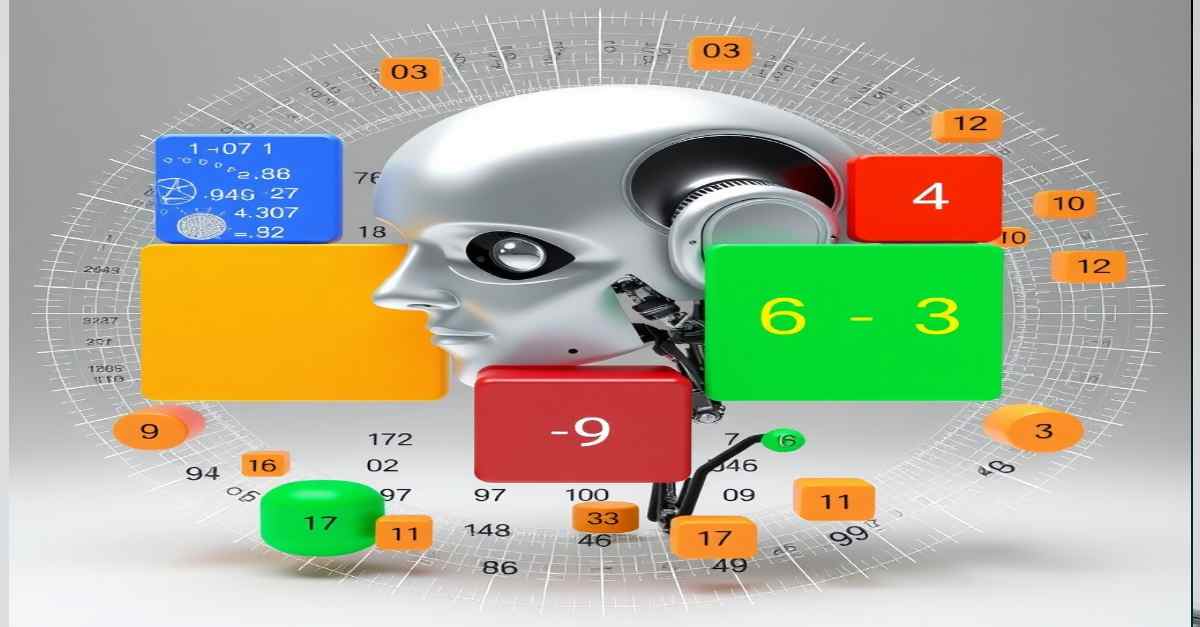In the rapidly evolving field of artificial intelligence (AI), the concept of Fusion AI, or AI Fusion, is emerging as a revolutionary approach that combines multiple AI technologies, data sources, and learning paradigms. This integration aims to create more robust, adaptable, and intelligent systems capable of addressing complex real-world challenges. This article delves into the technical aspects of Fusion AI, explores its critical applications, highlights its benefits, discusses potential challenges, and reflects on future implications.
Definition of Fusion AI
Fusion AI is an advanced methodology that integrates various AI techniques, data sources, and learning paradigms. Unlike traditional AI models that are often limited to specific tasks or data types, Fusion AI leverages the complementary strengths of different AI technologies to overcome individual limitations and enhance overall system performance. The core components of Fusion AI include:

- Model Ensembling: Combining predictions from multiple AI models to improve accuracy and robustness.
- Feature Fusion: Integrating features extracted from diverse data sources to gain a comprehensive understanding of complex scenarios.
- Multi-Modal Learning: Training AI systems on various data types (e.g., text, images, sensor data) simultaneously to learn correlations and patterns across modalities.
- Hybrid Learning Paradigms: Incorporating supervised and unsupervised learning methods to utilize labelled and unlabeled data for enhanced learning and inference.
Applications of Fusion AI
Healthcare Diagnosis
Fusion AI significantly enhances the accuracy and reliability of healthcare diagnostics by integrating multiple AI models and data sources. For instance, combining imaging data (e.g., MRI scans) with patient records and genetic information can provide a more holistic view of a patient’s condition. This approach enables early detection of diseases, personalized treatment plans, and improved patient outcomes.
Autonomous Vehicles
In autonomous vehicles, Fusion AI is crucial in improving safety and efficiency. By combining machine learning algorithms with sensor data (e.g., lidar, radar, cameras), Fusion AI enables real-time decision-making and navigation. This integration helps autonomous vehicles better understand their environment, predict potential hazards, and make informed driving decisions.
Predictive Maintenance

Fusion AI transforms predictive maintenance by integrating AI algorithms with historical and real-time data. This approach allows for early detection of equipment failures, increased uptime, and reduced maintenance costs. By analyzing sensor data, operational logs, and historical maintenance records, Fusion AI can predict when maintenance is needed, preventing costly downtime and extending the lifespan of machinery.
Benefits of Fusion AI
- Enhanced Accuracy and Reliability: By integrating multiple AI models and data sources, Fusion AI improves the accuracy and reliability of predictions and decisions.
- Improved Safety and Efficiency: In applications like autonomous vehicles, Fusion AI enhances safety by enabling real-time decision-making based on comprehensive environmental understanding.
- Increased Uptime and Reduced Costs: In predictive maintenance, Fusion AI helps increase equipment uptime and reduce maintenance costs by predicting failures before they occur.
- Better Understanding of Complex Scenarios: Fusion AI facilitates a deeper understanding of complex real-world scenarios by combining multiple AI techniques, resulting in more robust and adaptable solutions.
- Learning from Diverse Data Sources: Fusion AI systems can learn from a more comprehensive array of data sources, leading to improved learning and inference capabilities.
Challenges and Limitations
Despite its numerous advantages, Fusion AI also presents specific challenges and limitations:
- Complexity of Integration: Integrating multiple AI models and data sources can be technically challenging and computationally intensive.
- Data Quality and Availability: The effectiveness of Fusion AI depends on the quality and availability of diverse data sources. Data quality can lead to accurate predictions and decisions.
- Ethical Considerations: As with any AI technology, ethical considerations such as data privacy, algorithmic bias, and transparency must be addressed to ensure responsible use.
Future Implications of Fusion AI
The future of Fusion AI holds immense potential across various industries. Fusion AI will likely become increasingly sophisticated as AI technologies evolve, enabling even more complex and accurate decision-making processes. Integrating quantum computing, edge computing, and advanced machine learning techniques will further enhance the capabilities of Fusion AI systems.

In healthcare, Fusion AI could lead to breakthroughs in personalized medicine, enabling treatments tailored to individual patients. Autonomous vehicles could pave the way for fully autonomous transportation systems. Predictive maintenance could revolutionize industrial operations by making them more efficient and cost-effective.
FAQs
What is Fusion AI?
Fusion AI is an advanced approach that combines various AI techniques, data sources, and learning paradigms to create a more robust and effective AI system. This methodology leverages the strengths of different AI technologies to overcome the limitations of traditional models, enhancing accuracy, reliability, and performance.
How does Fusion AI improve healthcare diagnostics?
Fusion AI enhances healthcare diagnostics by integrating diverse data sources such as imaging data, patient records, and genetic information. This comprehensive approach allows for more accurate disease detection, personalized treatment plans, and improved patient outcomes.
Why is Fusion AI important for autonomous vehicles?
Fusion AI integrates machine learning algorithms in autonomous vehicles with sensor data like lidar, radar, and cameras. This enables real-time decision-making and better environmental understanding, which is crucial for safe and efficient navigation.
What are the benefits of Fusion AI in predictive maintenance?
Fusion AI in predictive maintenance allows for integrating historical and real-time data from sensors and operational logs. This predictive capability helps detect equipment failures early, increase equipment uptime, and reduce maintenance costs.
What are the main challenges of implementing Fusion AI?
The main challenges include:
- The complexity of integrating multiple AI models and data sources.
- Ensuring high-quality and diverse data.
- Addressing ethical considerations such as data privacy and algorithmic bias.
What are the future implications of Fusion AI?
Fusion AI is expected to become more sophisticated with quantum computing, edge computing, and machine learning advancements. This will enable more complex and accurate decision-making processes across various industries, leading to innovations in personalized medicine, autonomous transportation, and efficient industrial operations.
Conclusion: Embracing the Potential of Fusion AI
Fusion AI represents a significant leap forward in artificial intelligence, offering unprecedented opportunities for innovation and growth. Fusion AI systems can address complex real-world challenges with enhanced accuracy, reliability, and efficiency by integrating multiple AI technologies, data sources, and learning paradigms.
As we continue to explore and harness the potential of Fusion AI, it is crucial to address the associated challenges and ethical considerations to ensure responsible and beneficial use. The future of Fusion AI is bright, and its transformative impact on various industries is only beginning to unfold. Embrace the potential of Fusion AI and join the journey towards a more innovative, efficient, and intelligent world.











